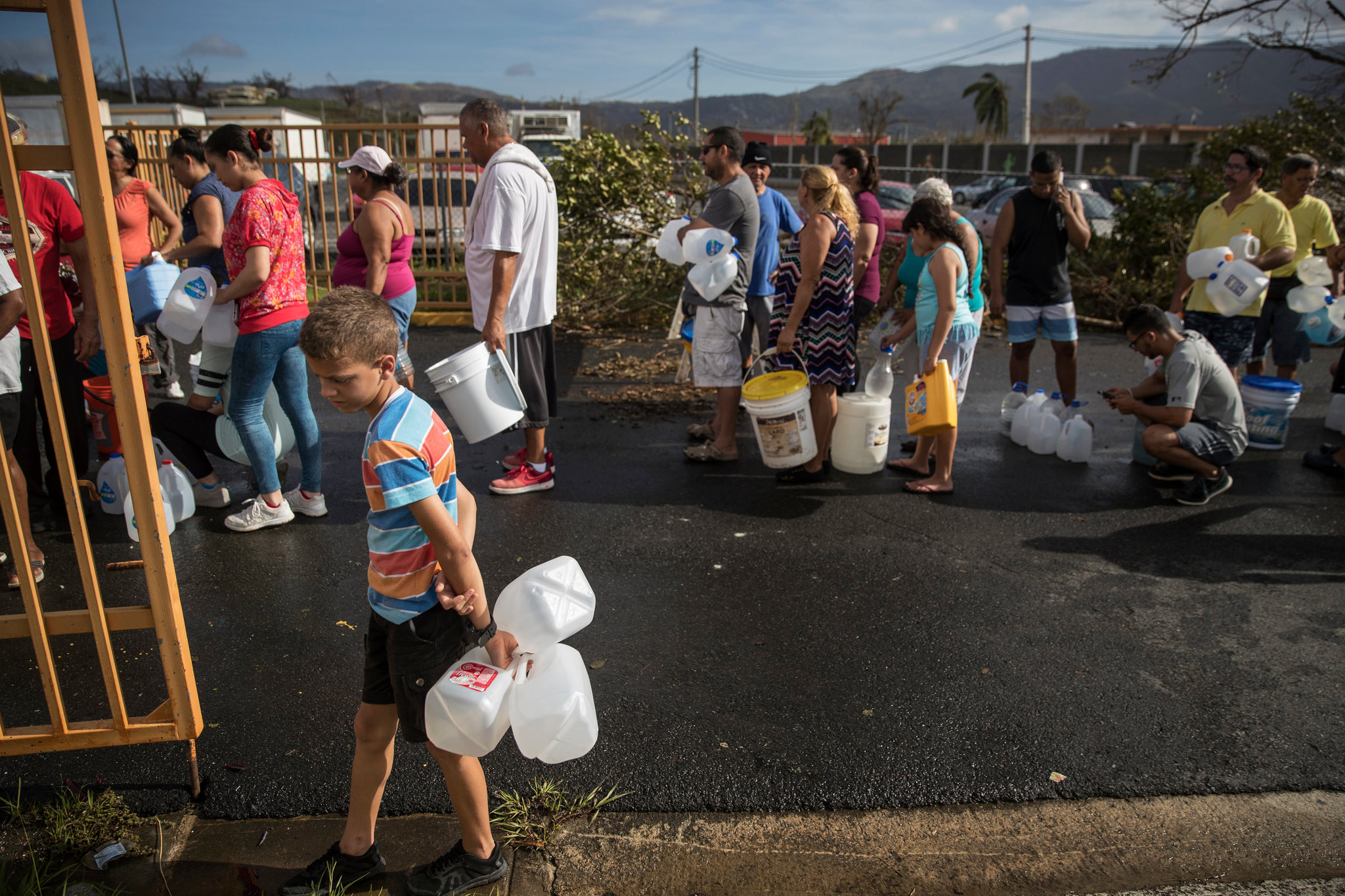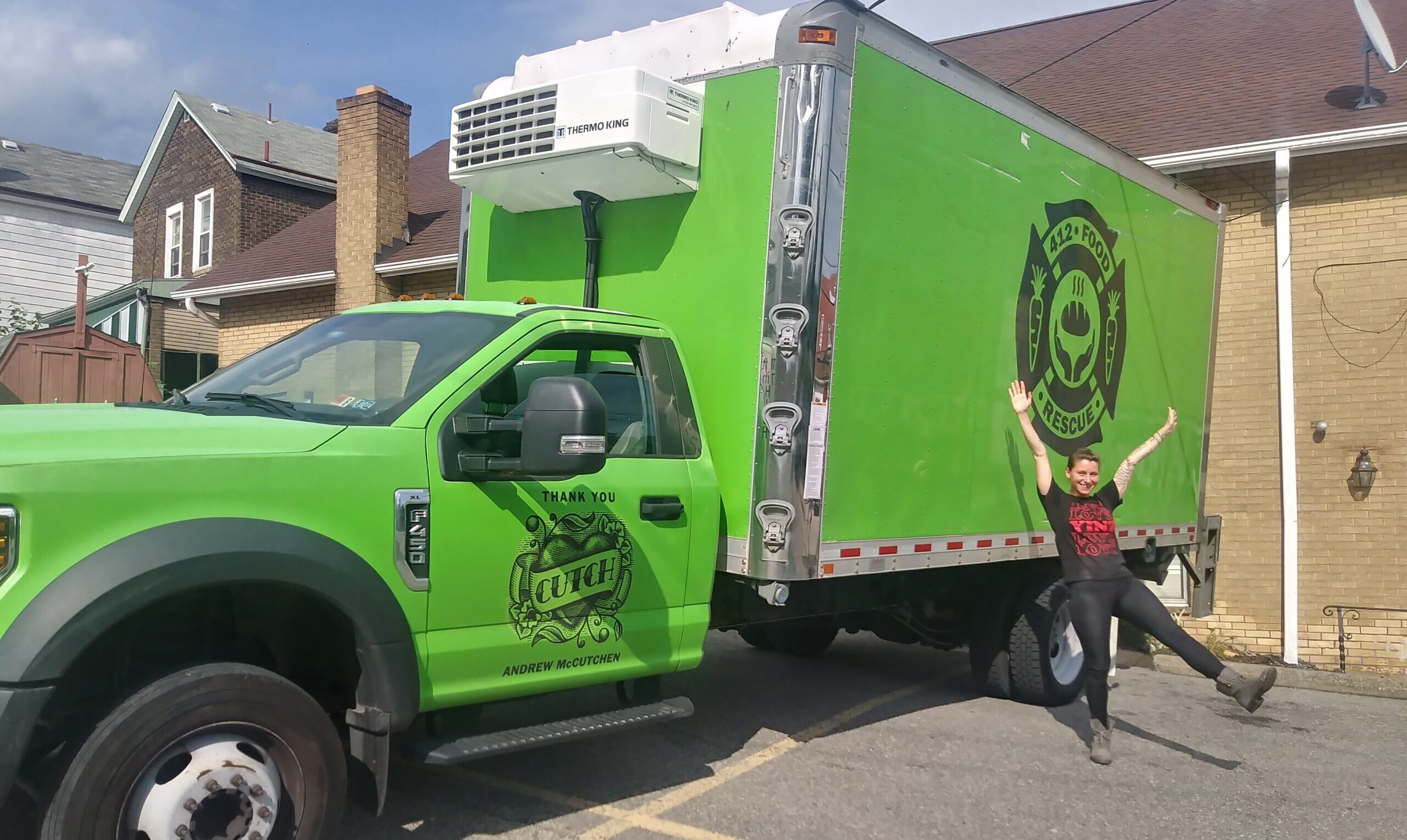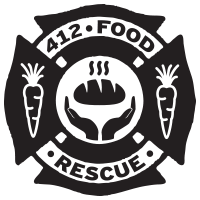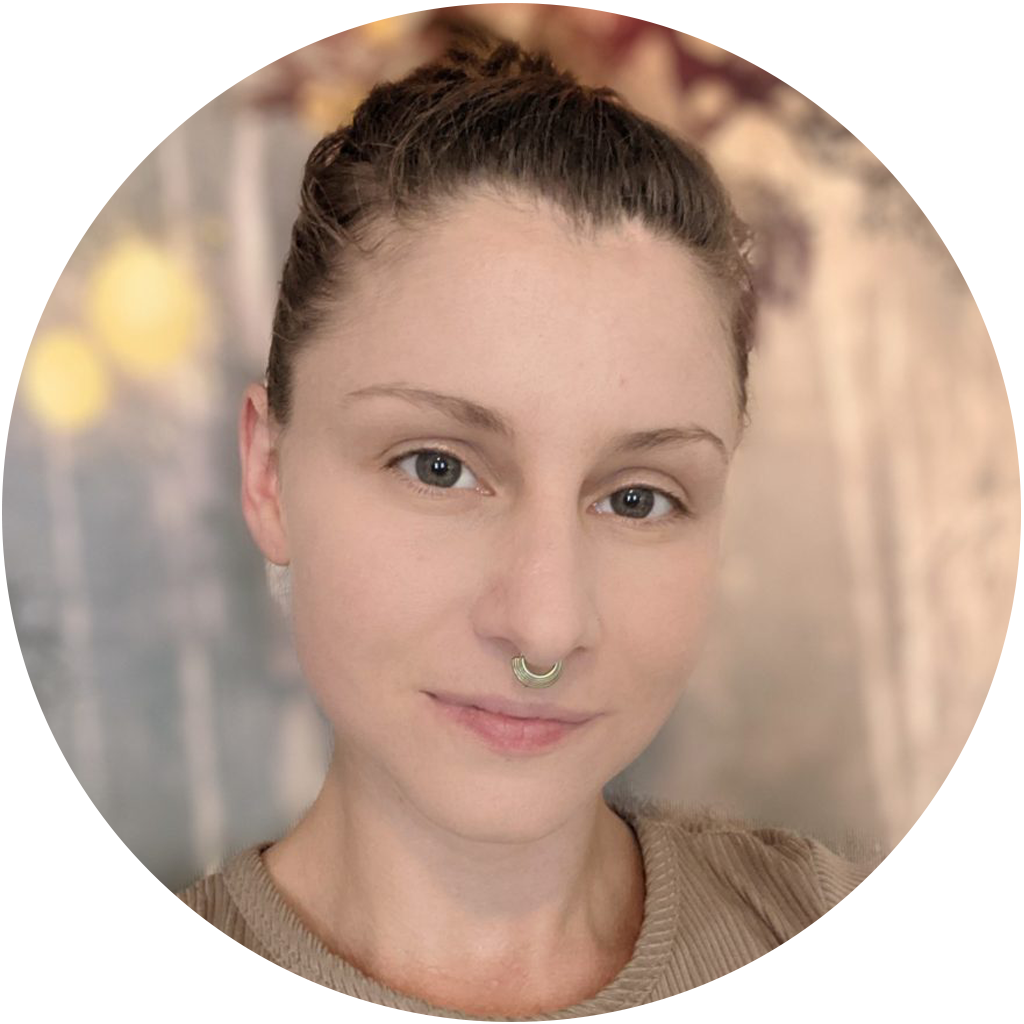
Food Security is Human Security
A story from 412 Food Rescue’s Amanda Pagniello
There are waits in life, often for trivial things forgotten moments later: long airport security lines, the grocery store checkout, or the little dance you do while waiting for the public restroom to open up.
Other waits are more palpable: waiting for a call back after a job interview, knowing that your rent is well overdue. Or, waiting in line every week at the local soup kitchen for a hot meal, potentially the first hot meal you’ve had in days.
During these hard waits, time feels like it draws on endlessly, offering space for anxiety to overtake your mind, leaving room for little else. I remember one of my hardest waits, seven years ago in September.
I was holding three 5-gallon water jugs, standing in line for potable water. I was living in Puerto Rico, and Hurricane Maria had just struck the island. After the hurricane wiped out homes, transportation, and resources, so many people had to wait in so many lines for basic human necessities. But despite the lines, those of us who had the opportunity to access food and water were grateful that we did – many others did not.
A wide variety of emotions and thoughts kept me company: gratitude was by far the most overwhelming, followed by worry, concern, and a lot of anger. I was angry about how the disaster relief was handled, unnecessary politics clouding the provision of desperately needed aid and getting in the way of repairing damage to vital infrastructure–so much so that the damage lingers today.
This anger I experienced in the wake of Hurricane Maria could not serve me long-term. Instead, to this day, I continuously try to cultivate my peace through more intentional acts of service, as it is the most accessible outlet for me and simply makes the most sense, in a world of hope and conflict.
When I moved back to Pittsburgh in 2021, it troubled me to see people waiting, waiting, waiting for basic sustenance, even without a hurricane.
We live in a city that, like many, often overproduces goods and has access to large distribution channels, but whose residents still have empty pantries and refrigerators. This access inequality is concentrated – infrastructure like sidewalks, roads, public transportation, and available stores remain neglected in pockets across the region, keeping individuals, families, and entire communities, sequestered like islands in many ways. This type of isolation creates areas of food apartheid, lacking truly reliable and equitable support systems. Justice needs to be given a louder voice.
No one should have to wait – not in hunger, not in thirst. One in five Pittsburgh residents is food insecure [1]. This means that over 60,000 residents of our city struggle to have fresh, healthy, adequate, and culturally appropriate food. 60,000 residents struggle to provide enough food for themselves to support an active and healthy lifestyle. But beyond caring about our neighbors’ wellbeing at an individual level, food insecurity also creates multiple crises at the community level. This lack of food leads to a public health crisis. This lack of food leads to an education crisis, an employment crisis, and a social crisis that makes both individual and collective success elusive.
This isn’t just the story in Pittsburgh. It’s the story of our nation, and indeed our world. According to the World Food Programme, as many as 783 million people are unsure where their next meal comes from [2]. Food security is health security; it is human security and without it, global security will continue to elude us.
While food insecurity is a systemic problem, asking for systemic change has only resulted in a slow progression–slow like post hurricane water lines in Puerto Rico. Patience is a luxury and asking patience of someone waiting for adequate food and water is simply not acceptable. What I have found, through my work with 412 Food Rescue, is that this is a problem that we have the capacity to address.

Systemic change–addressing the root cause of hunger in our communities–looks to be a long slow process and we’re not all, individually, able to tackle it at that level. But what each of us is able to do is help alter the food access infrastructure in the meantime. By building new channels to deal with surplus food and food distribution–analyzing each community where deficient infrastructure is concentrated to identify both their real-time and persistent needs, we can increase food justice through community and connection. This is not just a human right but a human and communal necessity.
Over and over again, the human species has proven our resilience. We show ingenuity in moments of disaster, when communities come together after a hurricane to rebuild and move forward. But we don’t have to wait for the next disaster to open our hearts and find the space to help each other. We can never move backward, not after today, not after this moment, not after COVID, not after Maria. Only forward. Pa’lante.






